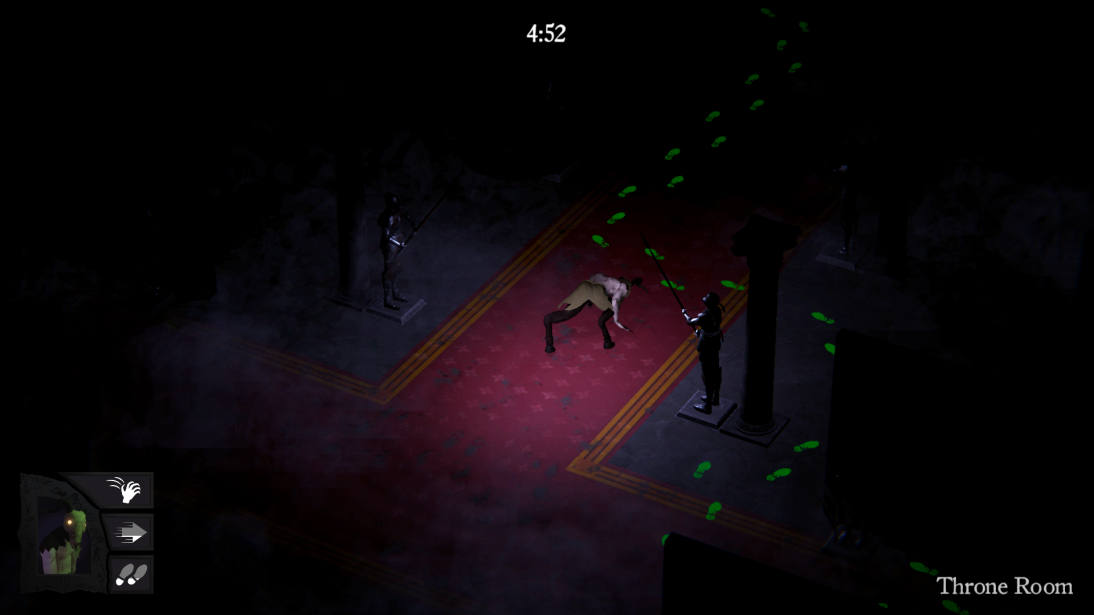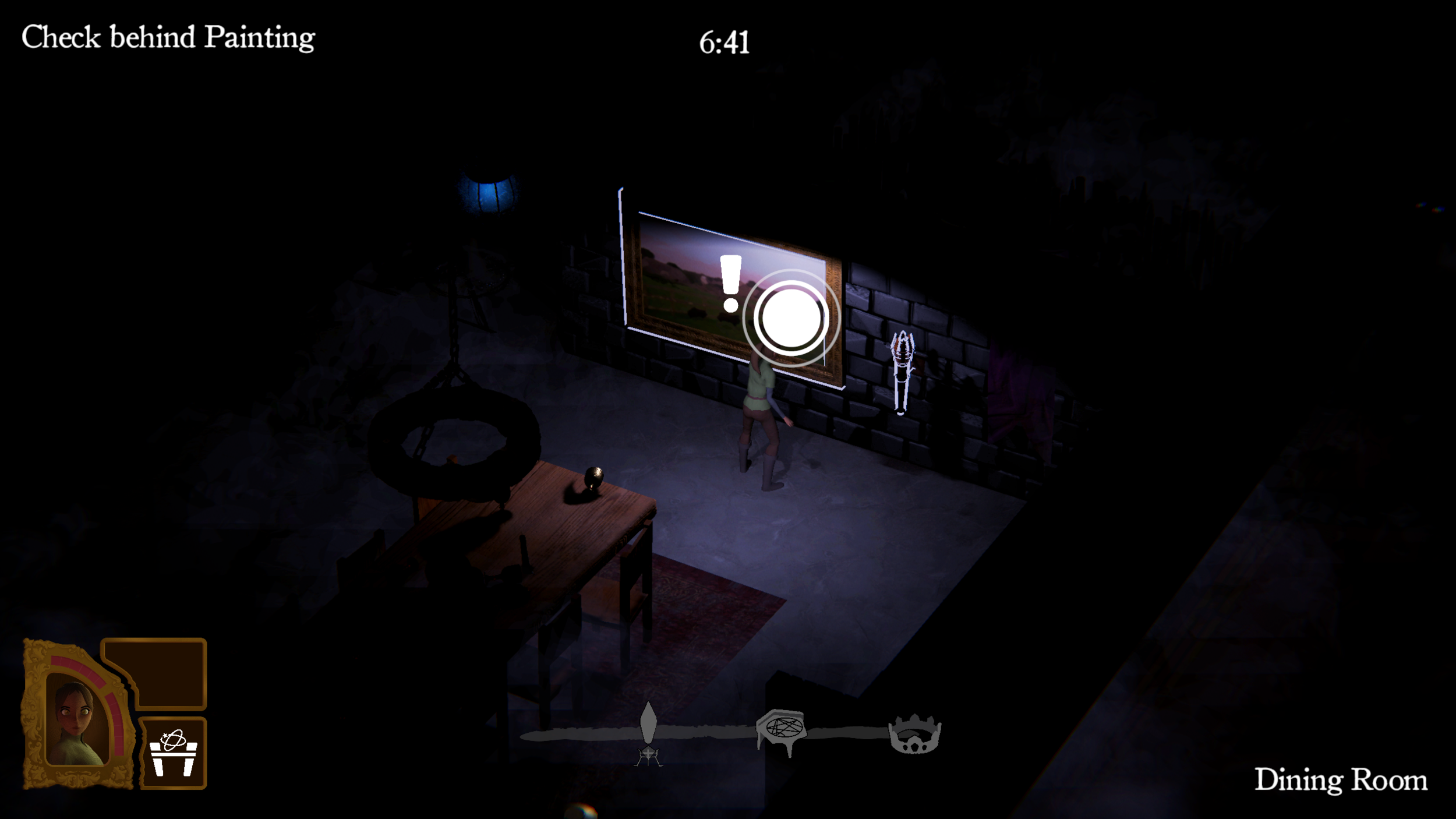
Shatter Keep is a game developed remotely during the COVID-19 pandemic in my final year of studies as my capstone project for Brock University’s Game Program. Shatter Keep is an asymmetrical multiplayer game in which 3 survivors attempt to escape a castle before a randomly selected monster eliminates them.
My role on the project was to implement the networked component of the game as well as many core gameplay mechanics and systems while adhering to an agile workflow.
After two semesters of development, Shatter Keep released on Steam May 7th, 2021. The game was met with positive reviews and overwhelming support by players. The game continues to have an active community of players and has accumulated over 15,000 downloads.
Key Components
Networking
Implementing networking for the game took alot of research and learning over the course of production. Before development the networking system was outlined in UML diagrams. Features including matchmaking and a lobby system were implemented on top of networking the gameplay using remote procedure calls and synchronization of objects.
Agile Development
Before the start of production our team decided that using an agile workflow would be the best way to manage the project. Each department (programming, art, design) outlined tasks and assigned them to sprints that lasted two weeks long. Meetings were held twice a week to review progress on the sprint and to reevaluate priorities.
Object Orientation
Because of the complexity and scale of this project, a large codebase was required. To maintain an organized project of this scale it was important to adhere to an object-orientated workflow. Breaking down systems into abstract classes as well as making use of the singleton design pattern allowed for improved readability and modular code.












